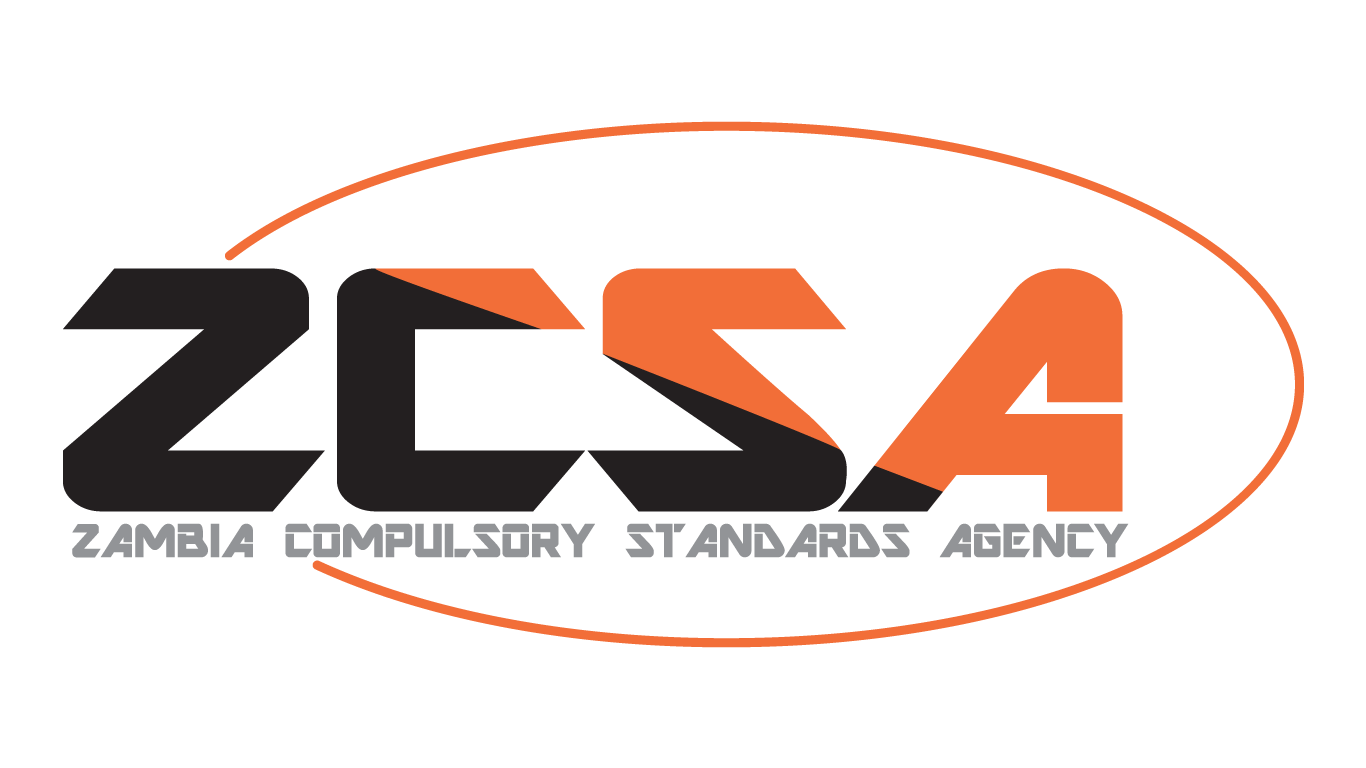About Compulsory Standards

A standard is a technical document detailing the requirements necessary to ensure that a material, product, service, or procedure is fit for the purpose it was intended. These requirements could include design, material, performance, manufacturing and testing requirements, including packaging and labeling.
Generally national standards are in two forms and these are voluntary and mandatory. Voluntary standards are put in place for business best practice so that there is a level of uniformity and acceptability of the quality and safety of a product. It is also important to note that voluntary standards are not enforced by law or regulation.
However, mandatory standards are what here are referred to as compulsory standards. Compulsory standards contain mandatory specifications or minimum requirements that products must meet before they are supplied on to the market. Manufacturers of goods that are subject to compulsory standards must ensure they meet the requirements of the particular standard relating to their product of choice before it is introduced on the market to prevent or reduce the risk of injury or harm to a person or the environment.
It is a legal requirement for any producer or importer of goods or products subjected to compulsory standards to comply with the law. The Compulsory Standards Act No. 3 of 2017 clearly stipulates what manufacturers and importers should do before manufacturing or importing a product that is subject to compulsory standards and the punitive action which should be taken against such a manufacturer or an importer who does not comply with the Act.
The Agency currently administers 60 compulsory standards and has proposed an additional 48 standards to be declared compulsory. This is in a bid to enhance its mandate of ensuring public health and safety, consumer and environmental protection.
It should be noted that products applied in the environment such as fertilizers and those which people consume, or use have the potential to affect their health and safety.
The 60 compulsory standards currently being administered and enforced by the ZCSA were adopted following a risk assessment which was conducted by stakeholders and clients in the public and private sectors. The assessment was conducted to ascertain the risk which products subjected to compulsory standards pose on public health and environmental safety and what needs to be done to mitigate the problem.
The ZCSA monitors compliance with compulsory standards through activities such as factory and border inspections, pre and post market surveillances. A market surveillance is an activity aimed at ensuring continued post market compliance by checking whether products already on the market meet the applicable quality and safety requirements.
Benefits of Compliance to Compulsory Standards
Compulsory standards have been put in place not to restrict growth of industry but help it thrive and to protect the public from consuming substandard products which may be hazardous.
Additionally, complying with compulsory standards protects local manufacturers business’ interest because imported products of a similar nature also have to conform to the local compulsory standards, hence protecting industry against substandard and cheaper products entering the market. This also entails that locally manufactured products can compete favourably with imported products as they are subject to the same minimum requirements.
Further, products which comply with compulsory standards create confidence in the ability of the local manufacturers to produce quality and safe products, thereby assisting businesses to grow through access to new markets. This is because adherence to compulsory standards helps businesses to meet regulatory requirements for both local and export markets.
Moreover, once industry players adhere to compulsory standards a level playing field is created because all participants in the industry are subjected to the same regulatory requirements. This, therefore, create a competitive business environment where players strive to grow by continually improving their business processes.
Safety
If a product is subject to a compulsory standard, it must meet specific criteria before it can be supplied to the market and these may include among others;
• Performance • Composition
• Contents • Methods of manufacturing or processing
• Design • Construction
• Finish
• Packaging or labeling.
Get In Touch
Plot No. 5032 Great North Road
P.O Box 31302, Lusaka, 10101, Zambia
Info@zcsa.org.zm
Working Hours
Mon-Fri 08:00 Hrs to 17:00 Hrs
Sat & Sun: Closed
Public Holidays: Closed
